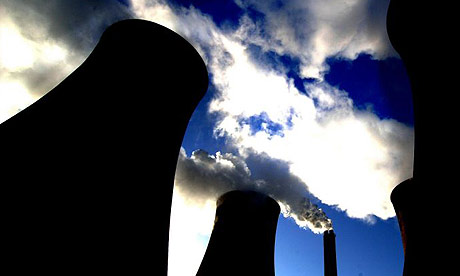It’s not only greenhouse gas emissions:
Washington’s new world order weapons have the ability to trigger climate change.
By Michel Chossudovsky – Professor of Economics, University of Ottawa and TFF associate, author of The Globalization of Poverty, second edition, Common Courage Press
The important debate on global warming under UN auspices provides but a partial picture of climate change; in addition to the devastating impacts of greenhouse gas emissions on the ozone layer, the World’s climate can now be
modified as part of a new generation of sophisticated “non-lethal weapons.” Both the Americans and the Russians have developed capabilities to manipulate the World’s climate.
In the US, the technology is being perfected under the High-frequency Active Aural Research Program (HAARP) as part of the (“Star Wars”) Strategic Defence Initiative (SDI). Recent scientific evidence suggests that HAARP is fully operational and has the ability of potentially triggering floods, droughts, hurricanes and earthquakes.
HAARP IS A MASS DESTRUCTIVE WEAPON – NOT PART OF ANY NEGOTIATIONS
From a military standpoint, HAARP is a weapon of mass destruction. Potentially, it constitutes an instrument of conquest capable of selectively destabilising agricultural and ecological systems of entire regions.
While there is no evidence that this deadly technology has been used, surely the United Nations should be addressing the issue of “environmental warfare” alongside the debate on the climatic impacts of greenhouse gases.
Despite a vast body of scientific knowledge, the issue of deliberate climatic manipulations for military use has never been explicitly part of the UN agenda on climate change. Neither the official delegations nor the environmental action groups participating in the Hague Conference on Climate Change (CO6) (November 2000) have raised the broad issue of “weather warfare” or “environmental modification techniques (ENMOD)” as relevant to an understanding of climate change.
Read moreHAARP – High-frequency Active Aural Research Program


